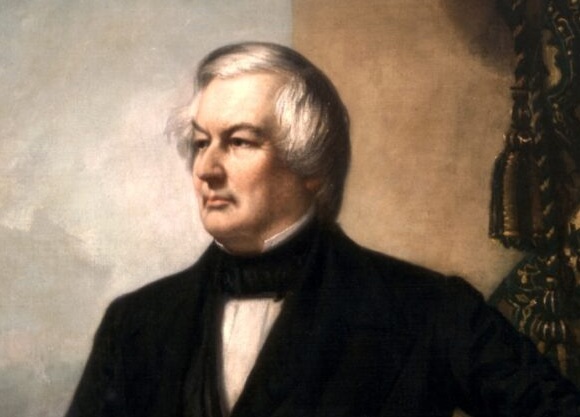Introduction:
Social media has profoundly reshaped the landscape of American politics. Its transformative impact has revolutionized political communication, empowered citizens, and altered the dynamics of elections. From grassroots movements to the highest levels of government, social media has become an integral tool for political engagement.
Social Media’s Transformative Impact on American Politics:
Direct Communication with Voters:
Social media platforms have eliminated traditional barriers between politicians and their constituents. Candidates and elected officials can now directly engage with voters, share information, and respond to concerns. This has led to greater transparency and accountability, fostering a more informed electorate.
Grassroots Mobilization:
Social media has empowered grassroots organizations to mobilize support for political causes. By sharing petitions, organizing protests, and amplifying voices, activists can reach a wider audience and advocate for change. Social media has become a catalyst for social movements, from the Arab Spring to the Black Lives Matter protests.
Changing the News Landscape:
The rise of social media has disrupted the traditional media ecosystem. News organizations now compete with social media for readers and viewers. This has led to a shift in the way political news is reported, with an increased emphasis on immediacy, personalization, and user-generated content.
The Evolution of Political Communication in the Digital Age:
Targeting and Segmentation:
Social media has enabled political campaigns to target specific groups of voters with tailored messages. Data analytics and microtargeting allow campaigns to identify and reach voters with messages that resonate with their values and interests. This has led to more effective and personalized political advertising.
The Rise of Influencer Marketing:
Social media influencers have emerged as a powerful force in political communication. By partnering with influencers who have large followings, candidates can reach a wider audience and gain credibility among younger voters. This trend is particularly prominent in online youth engagement and voter registration efforts.
Fact-Checking and Information Warfare:
Social media has also become a battleground for fact-checking and information warfare. With the proliferation of fake news and misinformation, social media platforms have a responsibility to combat online deception. Efforts include fact-checking initiatives, demoting false or misleading content, and promoting media literacy.
Summary:
Social media has transformed American politics by enabling direct communication with voters, empowering grassroots organizations, and changing the news landscape. Political communication has evolved in the digital age, with targeted advertising, influencer marketing, fact-checking, and information warfare emerging as key trends. The ongoing impact of social media on politics remains a subject of ongoing debate and scrutiny as its influence continues to shape the future of American democracy.



